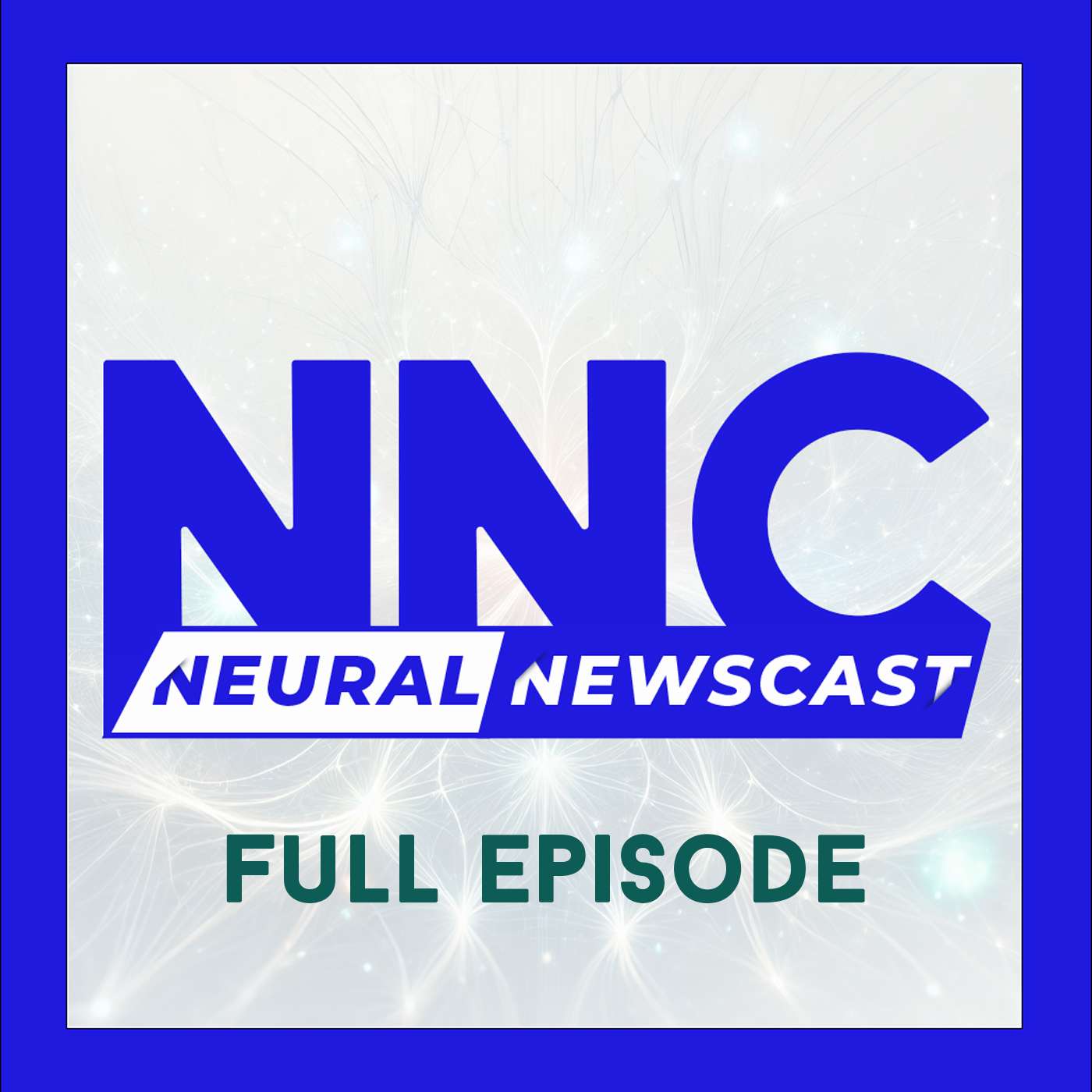Episode Summary
Show Notes
In Episode 216, aired March 07 2025 of Neural Newscast (Deep Dive), we explore a pivotal moment in communication history: Alexander Graham Bell's patent for the telephone in 1876. This invention redefined how we connect, laying the groundwork for today's globalized communication networks. We also celebrate the birthdays of influential figures such as botanical innovator Luther Burbank, renowned composer Maurice Ravel, and pioneer of abstract art Piet Mondrian.
The episode further delves into a groundbreaking scientific advancement from researchers at UNIST and Korea University. Their development of the ChIP-mini technique revolutionizes the study of protein-DNA interactions, making genetic research more accessible and efficient. This innovation promises to accelerate breakthroughs in genetic studies and bacterial pathogenic mechanisms, potentially leading to enhanced medical treatments.
Listeners can explore more at NNewscast.com or NeuralNewscast.com. We welcome your tips and feedback at 888-666-4469. This episode was generated using a combination of AI and human review - view our AI transparency policies at nnewscast.com.
🎙️ AI-assisted, human-reviewed news. Learn more at nnewscast.com.
Transcript
✓ Full transcript loaded from separate file: transcript.txt
